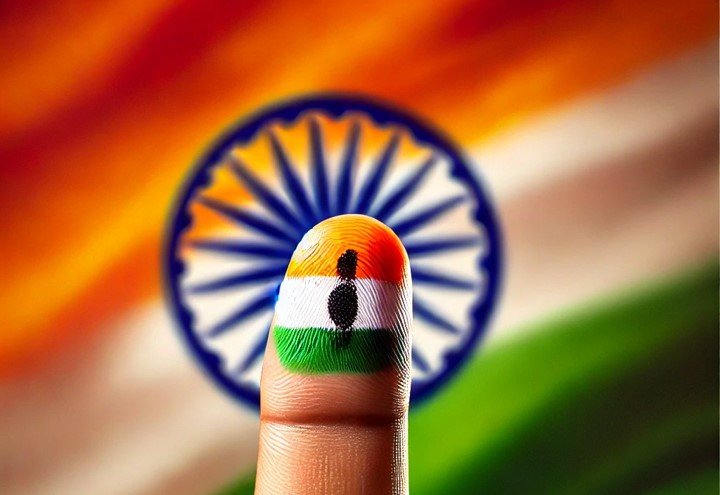Cabinet Clears ‘One Nation, One Election’ Bill, Aims for Simultaneous Polls
Cabinet Approves Bills for Simultaneous Polls: The Union Cabinet has taken a significant step towards implementing the ‘One Nation, One Election’ initiative by clearing two crucial bills. These bills, aimed at synchronizing Lok Sabha and Assembly elections, and potentially municipal polls, were approved during a meeting chaired by Prime Minister Narendra Modi. Sources indicate the bills will likely be tabled during the ongoing Winter Session of Parliament.
#WATCH | Union Cabinet approves ‘One Nation One Election’ Bill Delhi: BJP MP Kangana Ranaut says, “One Nation One Election is very important because conducting elections every 6 months costs the government treasury a great deal… The biggest challenge is to ask people to come… pic.twitter.com/KSX6EY86jK
— ANI (@ANI) December 12, 2024
The amendments include changes to Article 82 of the Constitution, addressing state-wise Lok Sabha seat allocations and territorial constituencies. Proposals also seek to align the tenures of the Lok Sabha with state legislative assemblies and make legislative adjustments for union territories like Delhi, Jammu & Kashmir, and Puducherry.
Challenges and Legal Concerns
While the proposal has garnered significant attention, legal experts warn that the initiative must navigate India’s federal structure carefully. Synchronizing local body elections with national and state polls would require ratification by 50% of state legislatures. Failure to secure such consent could invite constitutional challenges.
Critics, including opposition leaders like Mamata Banerjee and MK Stalin, have termed the move “anti-federal” and “anti-democratic.” Regional parties argue the simultaneous elections might limit their ability to spotlight local issues effectively, particularly when pitted against better-resourced national parties.
Kovind Panel’s Recommendations
Former President Ram Nath Kovind, heading the panel on ‘One Nation, One Election,’ has advocated for consensus-building among political stakeholders. The panel’s report highlights the potential benefits, including enhanced governance, streamlined election processes, and an economic boost of 1-1.5% to GDP.
The panel claims that 32 political parties, along with judicial experts, have backed the initiative. It argues that unified polls could minimize policy paralysis, reduce uncertainty, and optimize resource allocation.
Public and Economic Implications
Public feedback has been overwhelmingly supportive, with 81% of nearly 21,000 responses favoring the proposal. Economists suggest that synchronized elections could create a more stable economic environment, allowing businesses to operate without the constant fear of policy changes.
However, concerns remain over the recurring cost of electronic voting machines (EVMs), estimated at ₹10,000 crore every 15 years, and the logistical challenges of handling breaks caused by hung assemblies, dissolutions, or President’s Rule.
See Also:
Pushpa 2 Creates Box Office History
Ousted Syrian President Assad Granted Asylum in Russia
Bank Manager Assaulted Over Fixed Deposit Tax Deduction
Delhi Influencer’s Bizarre Green Chilli Lip Plumping Hack
——————————————————————————-
It would mean the world to us if you follow us on Twitter, Instagram and Facebook. At Newscazt, we strive to bring you the latest news and stories from India, World, Business, Sports, Entertainment and more. Our team of experienced journalists and writers are committed to delivering accurate and unbiased news and analysis.




